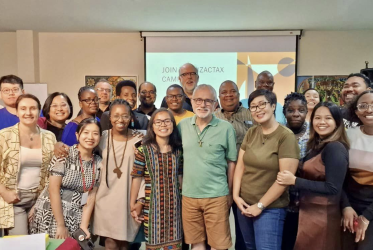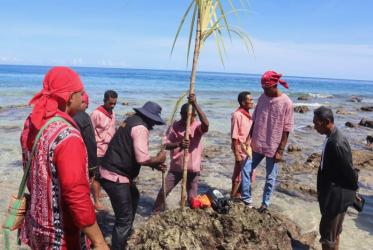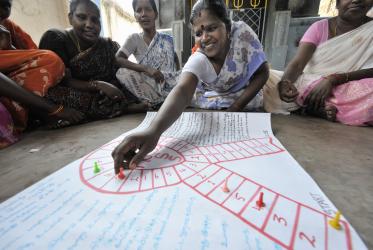Affichage de 1 - 20 de 49
GEM School explores how to make new economic world order a reality
08 Septembre 2023
Faith communities respond to climate crisis in Indonesia
25 Juillet 2023
Unity is key when health crisis poses new challenges in Asia
28 Février 2022
WCC represented at G20 Interfaith forum in Tokyo
13 Juin 2019
WCC condemns massacre of farmers in Philippines
12 Avril 2019
Le COE condamne le massacre de fermiers aux Philippines
12 Avril 2019










